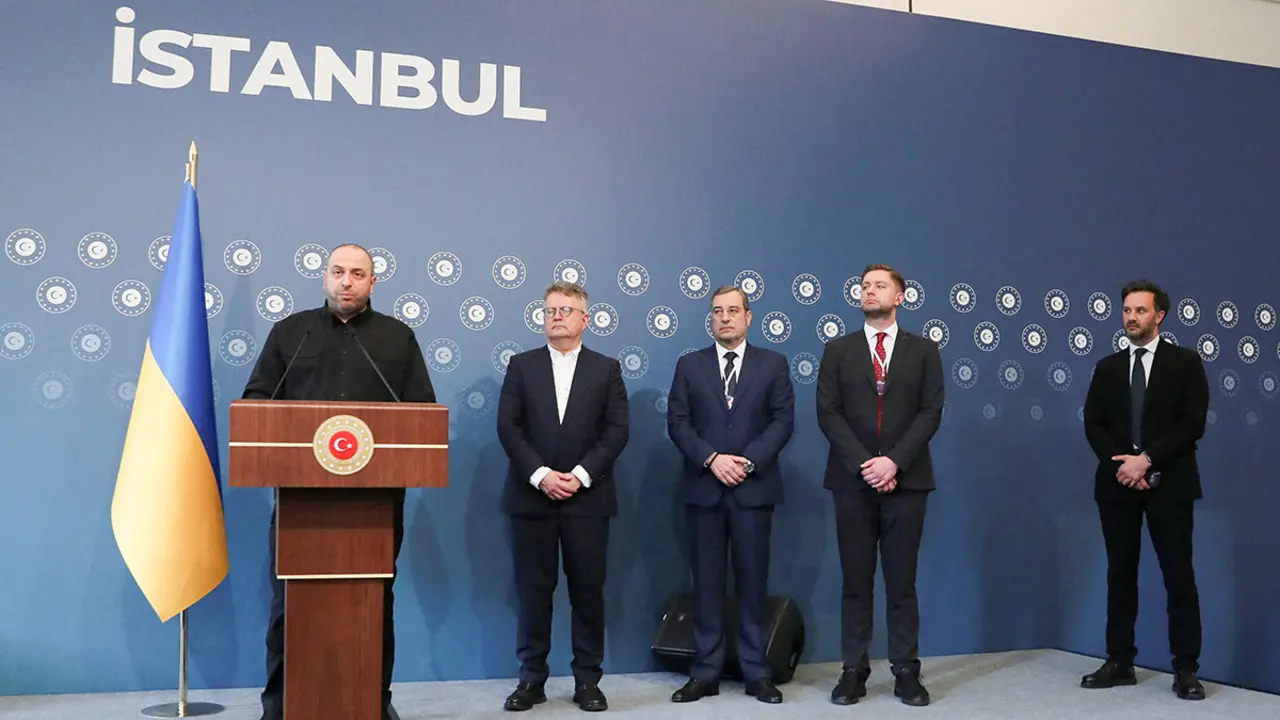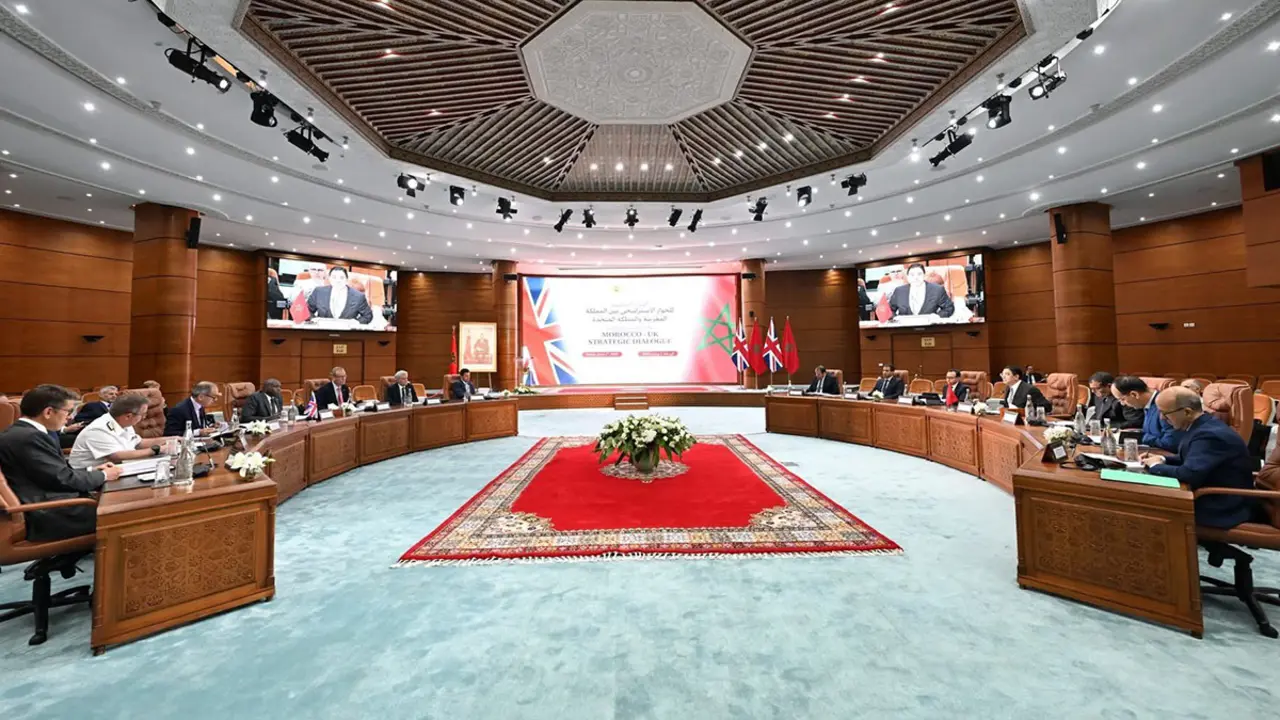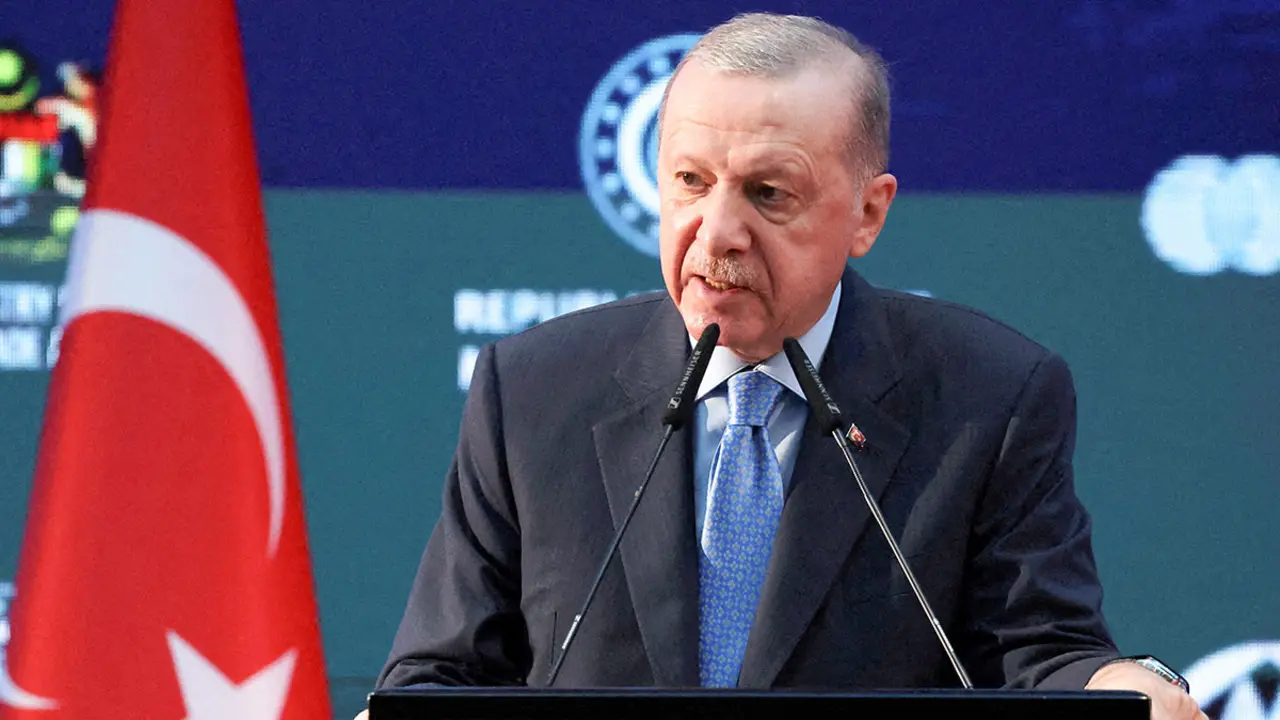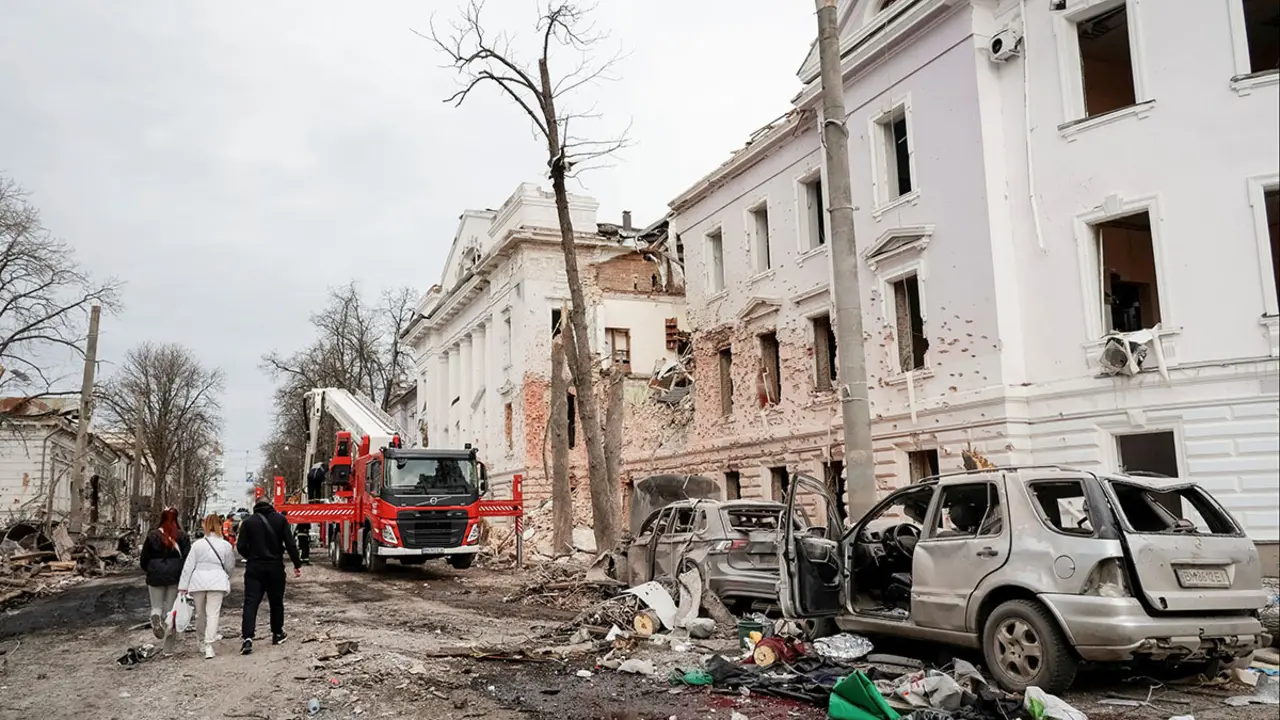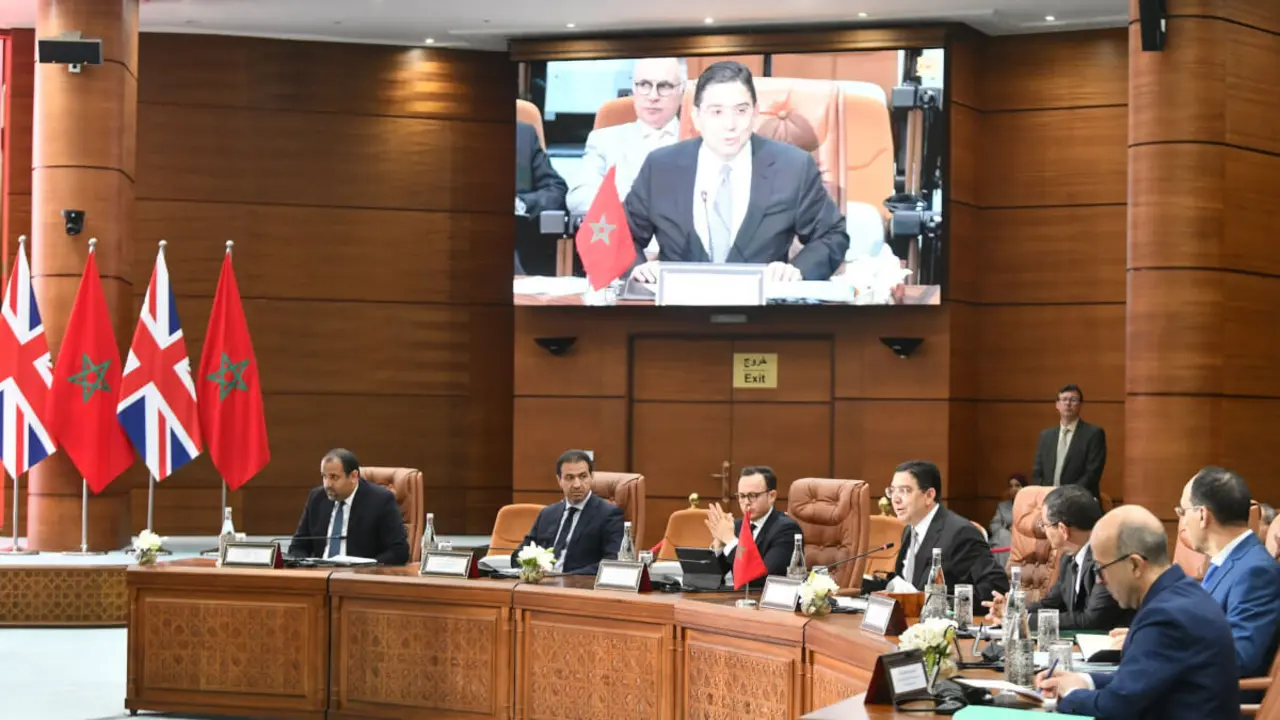Hamas loses financial support from Sudan after the fall of Omar Al-Bashir
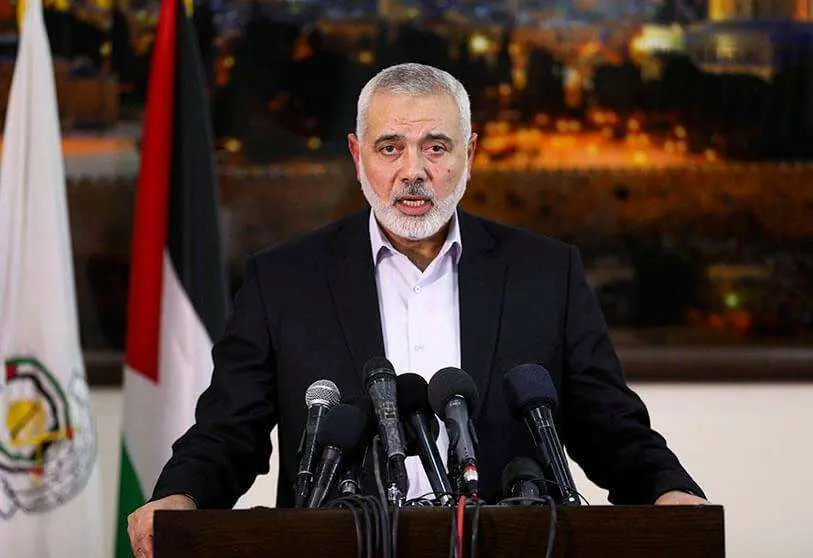
Omar Al-Bashir ruled Sudan with an iron fist for almost three decades. The fall of the dictator was a joy for much of the Sudanese population, as the International Criminal Court has accused Al-Bashir of genocide against several ethnic groups in the country, crimes against humanity and war crimes, such as attacks on civilians in Darfur.
After 29 years in power, a military coup in April 2019 ousted the dictator. The fall of Al-Bashir not only ushered in a new political era in Sudan, but also led to the suspension of aid to certain armed groups. These organisations include Hamas, which is considered a terrorist group by several countries such as the United States and Israel. "The coup against al-Bashir caused real problems for Hamas and Iran," says Palestinian analyst Adnan Abu Amer. "Hamas and Iran had to look for alternatives. Some of the Hamas-linked figures moved to Turkey, although they lost almost 80 per cent of their investments, according to Sudanese officials tasked with dismantling the Palestinian group's networks in the country.

The current Sudanese authorities have taken over at least a dozen companies that were linked to Hamas. Palestinian fighters have lost a centre where they could live, meet, raise money and channel Iranian funds to the Gaza Strip, Reuters reports. Agricultural land, a television station and a hotel in Khartoum have also been seized.
Wadgi Salih, one of the members of the task force charged with dismantling Bashir's regime, said Sudan had become a centre for money laundering and terrorist financing. "The system was a big lid, a big umbrella, internally and externally," Salih said, according to Reuters.

The panel of Sudanese officials explains that Hamas's investments in Sudan began with small businesses, such as fast food restaurants. Subsequently, the Palestinian organisation began to engage with major Sudanese companies linked to the government, such as Alrowad Real Estate Development. This entity, according to Western intelligence sources, laundered large amounts of money to finance Hamas.
Another network involved in financing Palestinian militants was linked to the media outlet Tayba and a charity called Almishkat. Both the channel and the organisation were run by two Hamas members who obtained Sudanese citizenship.
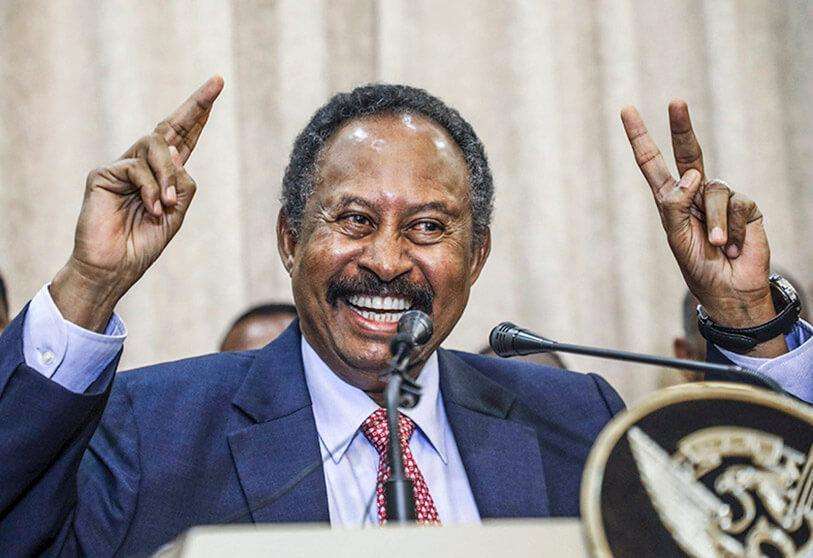
After taking power in 1989, Sudan became a focus for radical Islamists. Al-Bashir's regime even protected Osama bin Laden, leader of the Al-Qaeda terrorist group.
Sudan's current stance against terrorist groups has served to bring it closer to Western powers, such as the United States. Washington removed Khartoum from the list of state sponsors of terrorism in 2020. Moreover, since the overthrow of al-Bashir, relations have been formalised.
However, before establishing ties, Washington ensured that ties with Hamas had been suspended. "The Trump administration claimed that shutting down the Hamas network was a central issue in negotiations with Khartoum," a former US diplomat who worked in Sudan told Reuters.
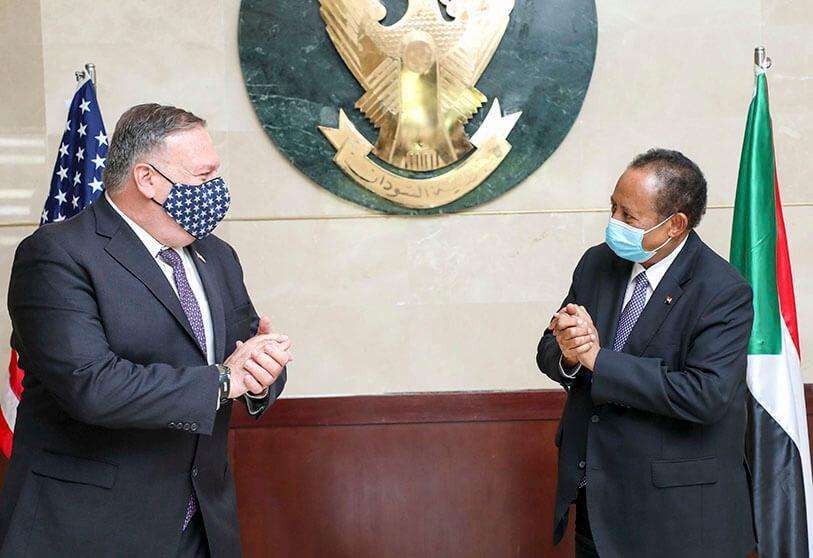
Since then, the two countries have begun cooperating on defence and counter-terrorism. Khartoum also allows the US to use Sudanese military facilities. This military rapprochement and partnership is "supportive of Sudan's democratic transition and strengthens the partnership with Sudan", according to the US embassy in Khartoum. Also, at the end of August, Joe Biden's administration allocated more than 4.5 million euros to the African country to promote its development.
Growing US influence in the region also seeks to counter Russian ambitions in the country. Russia reached an agreement with Sudan to establish a naval base on the Red Sea coast, but the Sudanese authorities decided to suspend the deal. A former Russian navy admiral told the Interfax news agency that the suspension was in response to 'pressure from the United States'. Despite disavowing the agreement, Moscow managed to move a warship to Port Sudan, the frigate Admiral Grigorovich.
Sudanese analyst Magdi El Gazouli noted that Sudan's transitional leaders "see themselves as the exact antithesis of Bashir in regional terms". "They want to sell themselves as a proxy for the new security order in the region," he added.
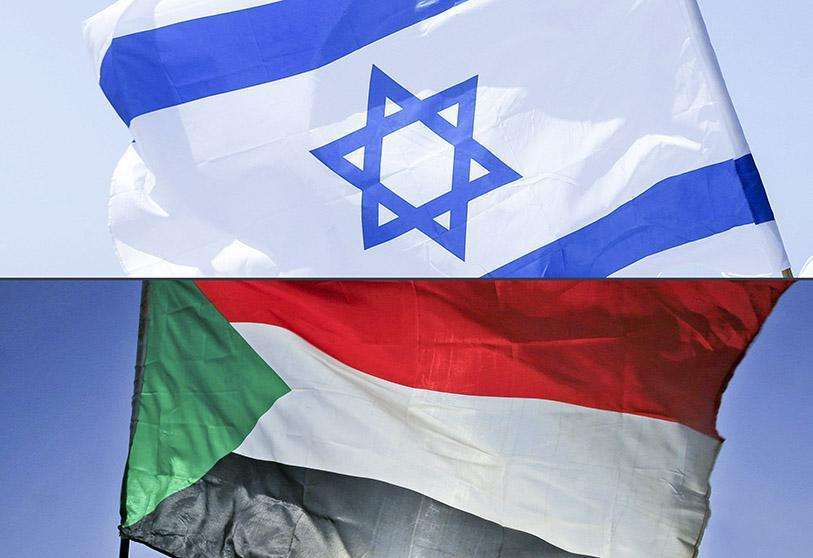
Meanwhile, Sudan's transitional government has signed the "Abraham Accords", which normalises diplomatic ties between the African country and Israel. Steve Mnuchin, former US Treasury Secretary, welcomed the "steady steps that have led to Sudan's removal from the list of countries sponsoring terrorism". Mnuchin was present at the signing ceremony, as the United States was the driving force behind the treaty, which was previously ratified by other countries such as the United Arab Emirates and Bahrain. Mnuchin also encouraged Khartoum "to continue its reform efforts".


